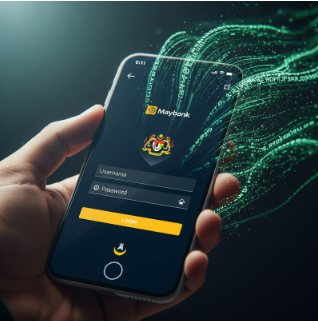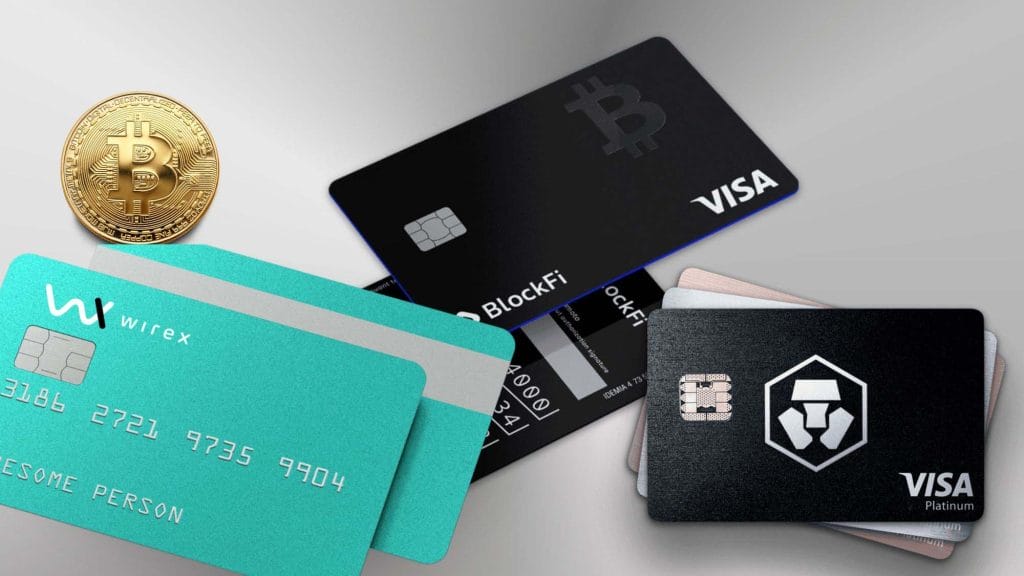
In the increasingly complex landscape of healthcare billing, one process has emerged as a quiet but critical linchpin: efficient charge reconciliation. It may not be a term that gets much attention outside of financial or administrative circles, but its impact is felt throughout an organization—from revenue outcomes to patient trust.
When overlooked or poorly managed, charge reconciliation can lead to missed charges, duplicate entries, revenue loss, and even compliance issues. But when done efficiently, it transforms the billing process into a more accurate, streamlined, and accountable system. So, what exactly does efficient charge reconciliation entail, and why is it so vital in modern healthcare operations?
What Is Charge Reconciliation?
Charge reconciliation refers to the process of verifying that all services provided during a patient encounter are captured, coded correctly, and billed appropriately. This includes comparing clinical documentation and patient care records with the corresponding billing data to ensure nothing was missed, duplicated, or inaccurately reported.
In simpler terms, it’s a detailed cross-check of what happened during a patient visit against what was billed for it. This ensures that every service delivered is billed—and billed correctly.
Why Efficient Charge Reconciliation Matters
Efficiency in this process isn’t just about speed. It’s about accuracy, accountability, and financial sustainability. When reconciliation is inefficient, it introduces opportunities for error. In contrast, efficient charge reconciliation minimizes those risks while maximizing operational and financial outcomes.
Here’s why it’s so essential:
1. Protects Against Revenue Leakage
One of the most significant benefits of efficient charge reconciliation is its ability to capture revenue that might otherwise be lost. Missed charges—whether due to incomplete documentation, workflow gaps, or simple human error—are more common than most people realize. Each one represents services rendered but not compensated.
When reconciliation is built into the workflow and handled consistently, it acts as a safety net that catches these missed billing opportunities.
2. Improves Billing Accuracy
Incorrect billing doesn’t just affect finances; it also damages relationships with patients and payers. Efficient charge reconciliation helps ensure that only appropriate charges are submitted and that they match the documented care. This reduces the likelihood of denials, underpayments, or disputes.
3. Supports Compliance and Reduces Audit Risk
Healthcare billing is heavily regulated, and discrepancies between billed services and documentation can raise red flags. Efficient charge reconciliation ensures that your claims are audit-ready—transparent, traceable, and supported by documentation.
In environments where audits are becoming more frequent and payer scrutiny is increasing, reconciliation becomes a form of compliance insurance.
4. Strengthens Interdepartmental Collaboration
When done properly, reconciliation is not an isolated function. It connects clinical teams, billing departments, and coders. Efficient processes foster communication and shared accountability across departments. If something is missing from documentation or if a code doesn’t align with the clinical notes, the system flags it, prompting a quick resolution.
Common Pitfalls in the Reconciliation Process
Despite its importance, many healthcare organizations still struggle with inefficient reconciliation practices. Here are some common challenges:
-
Lack of standardized processes: Without a consistent workflow, reconciliation efforts can become chaotic or incomplete.
-
Poor data integration: When clinical systems and billing platforms don’t “talk” to each other, manual errors and delays are more likely.
-
Limited visibility: Staff may not have access to the full picture of patient care or billing data, making it harder to spot discrepancies.
-
Over-reliance on manual tracking: Manual reconciliation is time-consuming and prone to mistakes, especially in high-volume environments.
Each of these challenges undermines the goal of accurate and timely billing.
Keys to Achieving Efficient Charge Reconciliation
The path to efficient charge reconciliation isn’t necessarily complicated—it just requires clarity, consistency, and the right tools. Here’s how to get there:
1. Automate Where You Can
While reconciliation requires human oversight, much of the data matching and error flagging can be automated. Automation can highlight discrepancies in real time, helping teams respond quickly before claims are submitted.
2. Develop a Consistent Workflow
Build a standardized process for reconciling charges across departments. Whether it happens daily, weekly, or at the end of each billing cycle, having a clear timeline and checklist ensures that no step is missed.
3. Train Staff Thoroughly
Ensure that everyone involved in documentation, coding, and billing understands the importance of reconciliation and their role in the process. Regular training helps keep everyone aligned with industry best practices.
4. Encourage Real-Time Documentation
The sooner documentation is completed, the easier it is to reconcile charges accurately. Encourage providers to finalize records promptly to avoid billing delays or errors.
5. Monitor and Improve
Even with efficient systems in place, continuous improvement is key. Regular audits of reconciliation results can reveal patterns, inefficiencies, or training gaps that need to be addressed.
The Bigger Picture: Revenue Integrity
Efficient charge reconciliation is more than just an accounting practice—it’s a pillar of revenue integrity. It ensures that the financial side of healthcare accurately reflects the clinical side. It builds trust, not just between departments but also with patients and insurers.
When healthcare providers consistently reconcile charges in a timely, efficient manner, they lay the groundwork for a more transparent and accountable organization. The result is not just better financial outcomes, but smoother operations and stronger reputations.
Final Thoughts
In a field where so much hinges on precision, efficient charge reconciliation deserves far more attention than it typically gets. It’s not just about cleaning up the numbers—it’s about building systems that support accuracy, accountability, and long-term success.
Whether you’re running a small clinic or part of a large health system, taking charge of your reconciliation process is one of the smartest steps you can take toward financial and operational health. Because in healthcare, doing the work is only half the battle—getting paid for it, accurately and fairly, is the other half.






